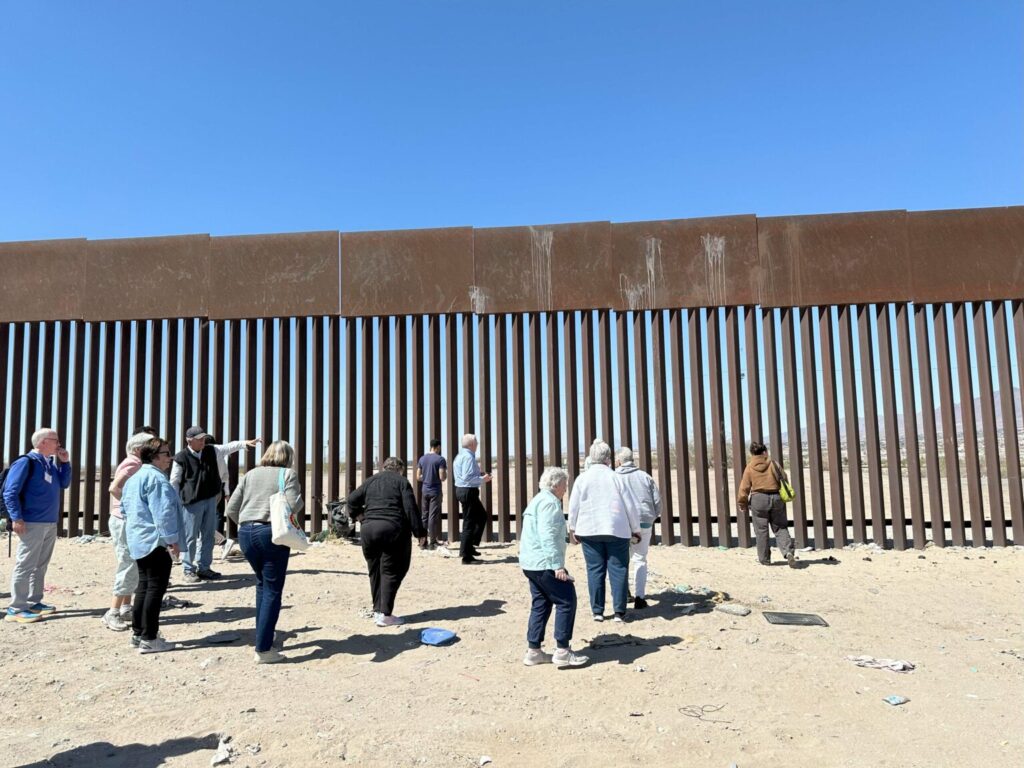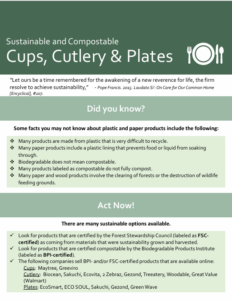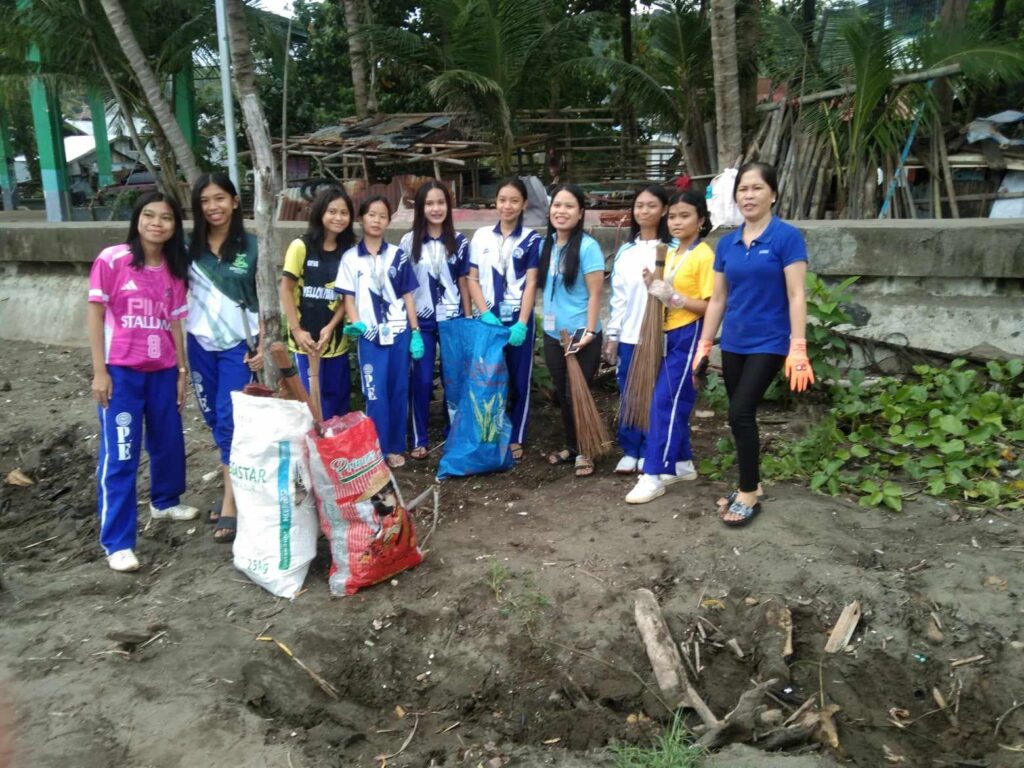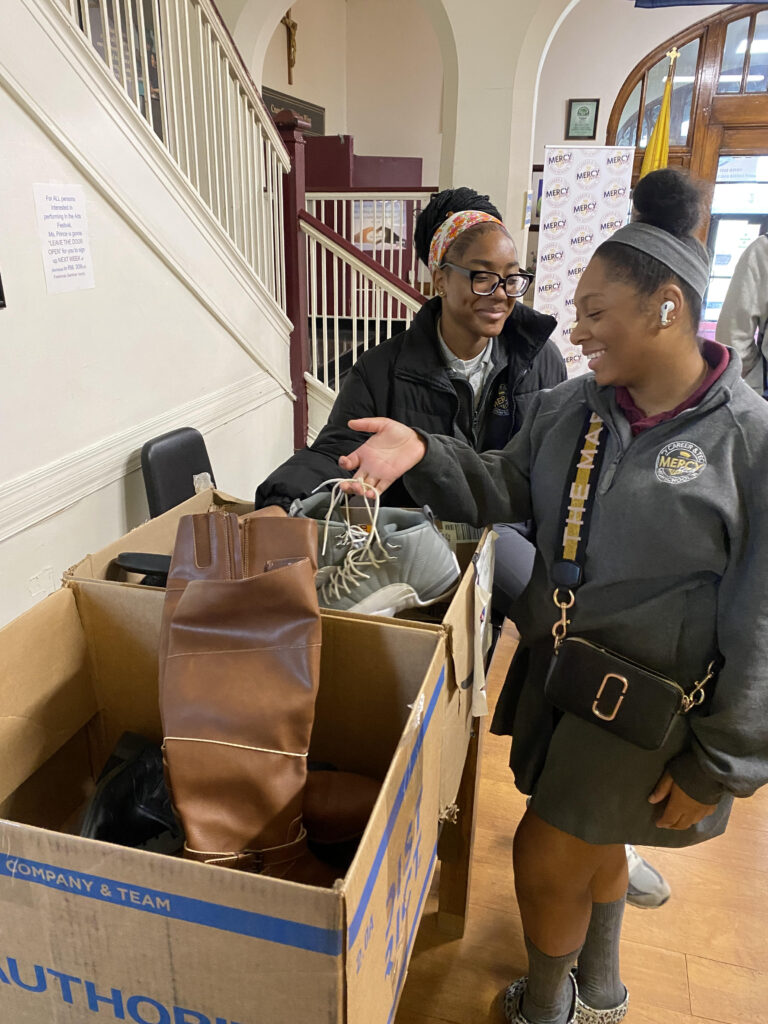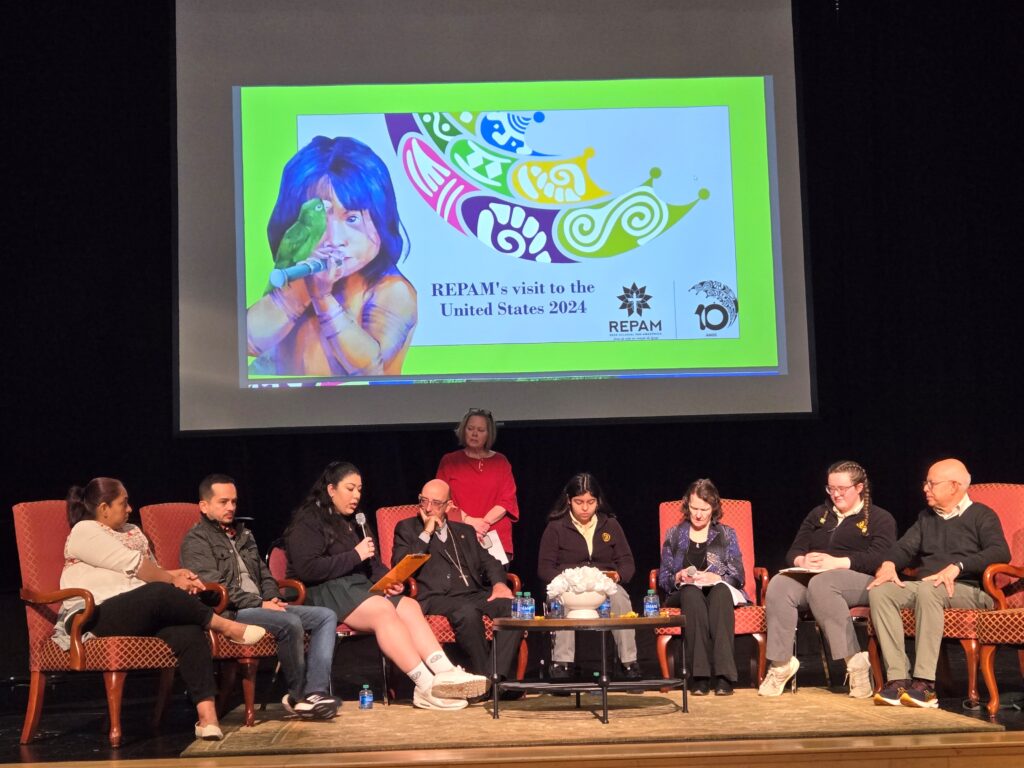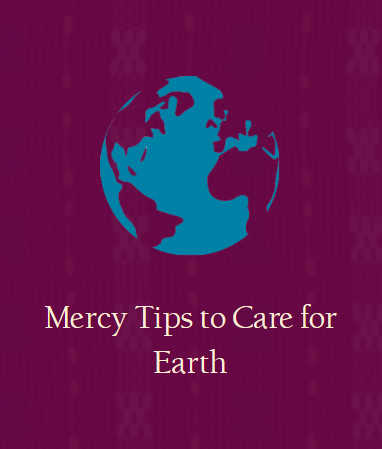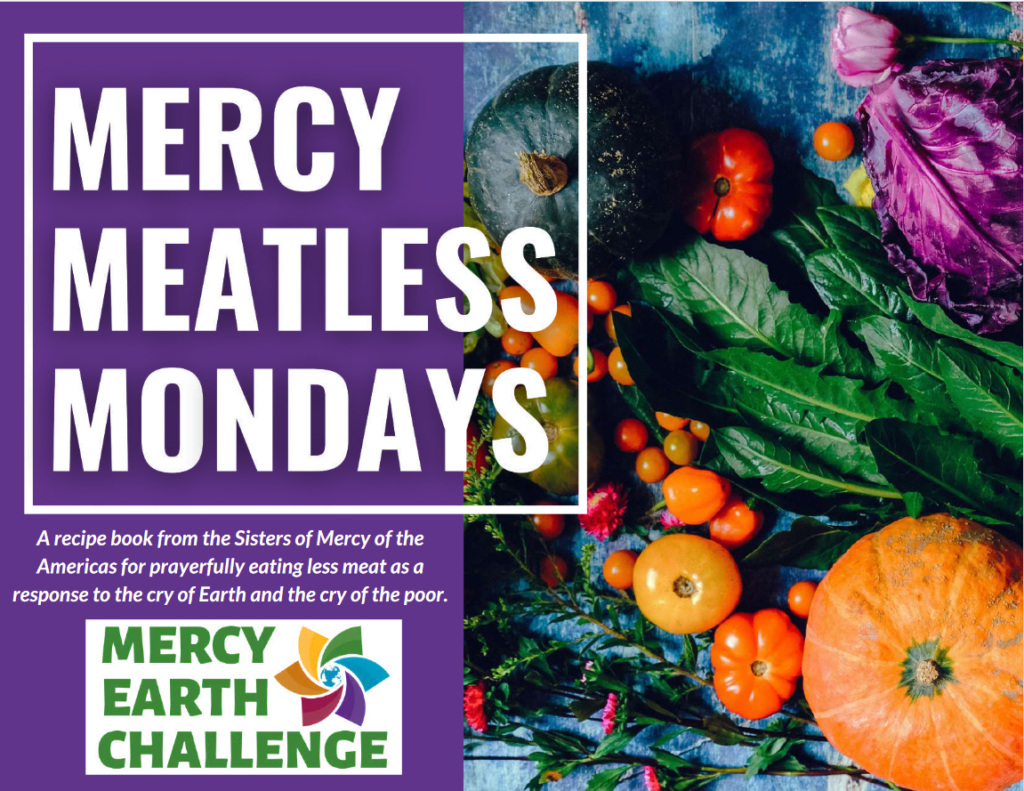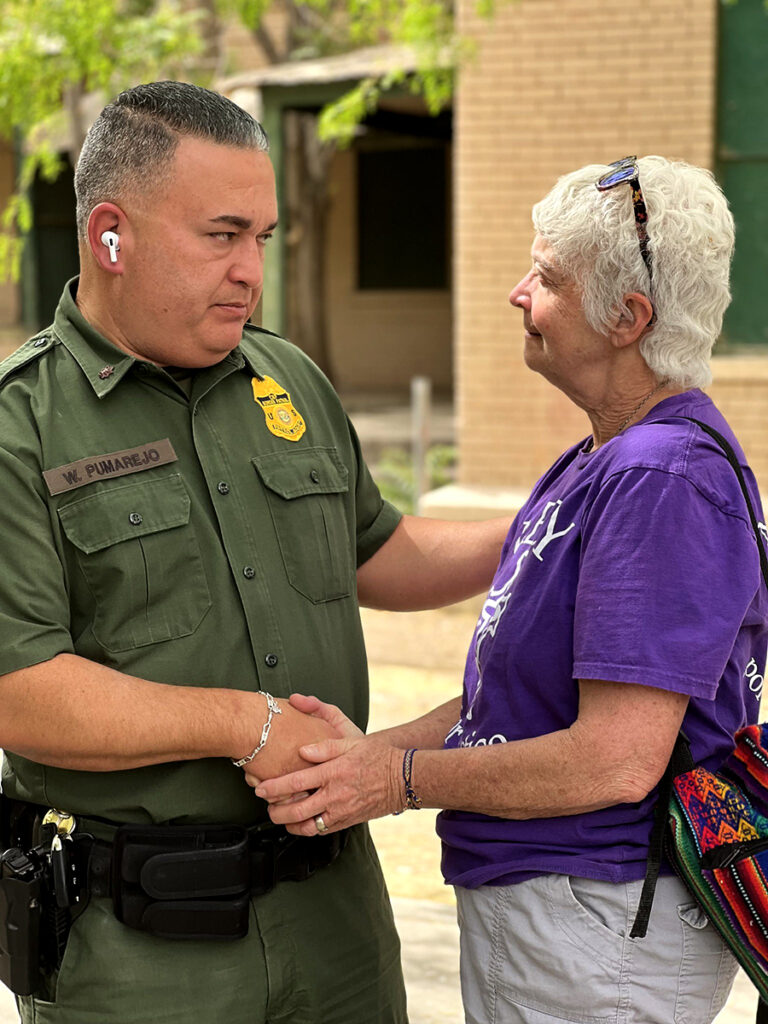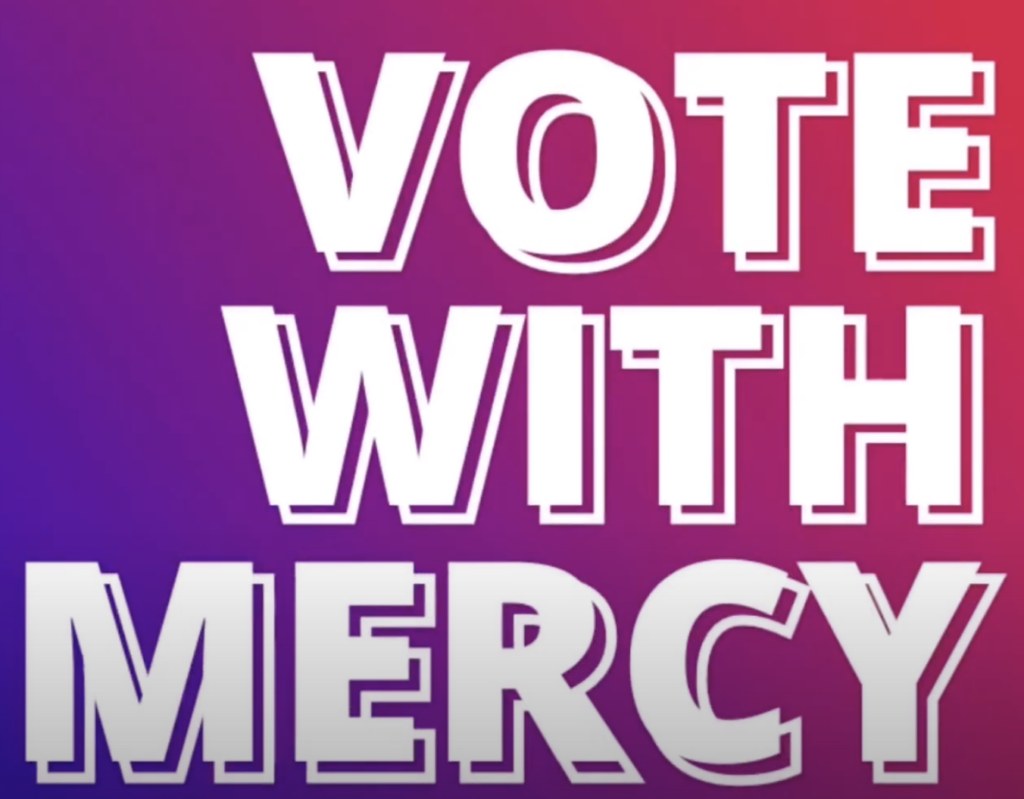June 2025
Articles from Mercy:
- Vampires, Sharecropping, and the Real History of Juneteenth (John Charles McAllister-Ashley; Institute Justice Team)
- Protecting Children and Vulnerable Adults from Abuse in the Philippines (Helen Libo-on, RSM; Institute Justice Team)
- Critical Considerations: What’s really driving border enforcement? (Karen Donahue, RSM)
Local Justice News & Upcoming Mercy Events:
Justice Resources & Links
Vampires, Sharecropping, and the Real History of Juneteenth
John Charles McAllister-Ashley; Institute Justice Team
A reflection on the film Sinners, the legacy of forced labor after slavery, and why Juneteenth still matters today
About a month ago, some friends and I went to go see the Ryan Coogler film Sinners. On the surface, it’s a Black film about blues music and vampires in Mississippi. However, if you watch with a close eye, it goes much deeper. The movie quietly (and sometimes loudly) displayed the horrors of slavery, and how even more than 50 years after the Emancipation Proclamation, many Black people in the South were still trapped in systems that felt a lot like slavery.
Instead of slavery, the new term “sharecropping” was adopted. Unsurprisingly, the effects of generations of atrocities trickled through the Bible belt and beyond. Black people who couldn’t afford to leave the South after slavery ended were stuck doing the same work they had done before, now for pennies. Some were even paid in wooden nickels that could only be used at the plantation’s commissary.
In Sinners, you really get a snapshot of what life was like for poor Black people in southern Mississippi almost 70 years after the Emancipation Proclamation was signed. The majority of the people in that film were sharecroppers working long days in the hot sun for slave wages. And to be clear, this isn’t a critique of the movie. In fact, the opposite. For me, it was a sheer reminder that although slavery ended “on paper,” not all Black people were actually free. Without access to education and better opportunities, staying on the plantation was often the only choice they had.
There is a loophole in the 13th Amendment, which forbids chattel slavery across the United States – except as a form of criminal punishment. When you think about the 13th Amendment justifying slavery for criminals, a lot of petty laws regarding Black people in the southern states begin to make sense. This is the only way the South would survive, as slavery and free labor were the backbone of the economy. The Antebellum South was not going to give up that way of life without introducing anti-Black laws and additional barriers to prevent access to justice for newly freed Black Americans.
Abraham Lincoln signed the Emancipation Proclamation on January 1st, 1863, but it was not until June 19th,1865 that this news of freedom had reached Galveston, Texas. This is the day that we celebrate – the day when everyone was finally free. This is why Juneteenth is so important to many Black Americans and should be important to all Americans. Similar to the Fourth of July, Juneteenth represents so much more than a day in history. It represents a legacy of what Black people have brought to this country.
In the wise words of the Grandmother of Juneteenth, Opal Lee, “Juneteenth is not a Black holiday, but an American holiday. It is a second Independence Day that reminds us freedom is a journey, not a destination.”
Protecting Children and Vulnerable Adults from Abuse in the Philippines
Helen Libo-on, RSM; Institute Justice Team
Conditions of poverty and other challenges in the Philippines are driving people who might otherwise never consider human trafficking to participate out of desperation, in some cases even exploiting their own family members. This article describes some ongoing efforts to combat child and vulnerable adult abuse in the Philippines, specifically focusing on initiatives undertaken in Northern Mindanao, particularly within the dioceses of Dipolog, Ozamiz, Pagadian, Iligan, and the Prelature of Marawi (DOPIM). The alarming prevalence of child trafficking, exploitation of young women seeking overseas employment, and other forms of abuse necessitates a multi-pronged approach involving community education, collaboration with religious institutions, and engagement with law enforcement.
The primary initiative has been a series of seminars on the Safeguarding of Children and Vulnerable Adults, spearheaded by Sr. Patrocinia Angay, RSM. These seminars address the critical issue of child trafficking, highlighting specific cases such as the exploitation of young girls in areas between Iligan and Cagayan de Oro, and the deceptive recruitment of young women for exploitative work abroad.
The seminars have reached numerous schools, parishes, and church organizations within the DOPIM region, thanks to collaborations with the Diocese of Iligan and the Sisters Association in Mindanao. Furthermore, a meeting of priests and religious leaders included impactful testimonies from participants who had encountered exploited young women in nightclubs, underscoring the pervasive nature of the problem and the need for continued awareness and intervention.
Crucially, these efforts extend beyond religious institutions. Collaboration with local law enforcement agencies, such as the police, is underway to ensure effective reporting and prosecution of perpetrators. This collaborative approach is vital for a comprehensive solution.
While the problem of child and vulnerable adult abuse remains significant, the initiatives outlined here demonstrate a strong commitment to addressing this issue. The combined efforts of religious leaders, community organizations, and law enforcement agencies offer hope for a future where children and vulnerable adults are protected from exploitation and harm. Continued collaboration and expansion of these programs are essential to achieving lasting positive change. Further investigations are underway into the specific locations mentioned and the development of targeted interventions.
Critical Considerations
What’s really driving border enforcement?
Karen Donahue, RSM
Earlier this month, the militarized Immigration and Customs Enforcement (ICE) raids in Los Angeles and the subsequent deployment of National Guard personnel and Marines in response to peaceful protests sent shock waves through L.A., California, and the nation. Also in the news at this time, but an item that received much less attention, was a report from the National Oceanic and Atmospheric Administration and Scripps Institution of Oceanography at the University of California, San Diego that carbon dioxide (CO2) concentration in the atmosphere peaked above 430 parts per million (ppm). This is significantly above the 350 ppm that climate scientists say is the upper limit if the planet is to avoid catastrophic global warming.
A recent article by journalist and border specialist Tod Miller, posted on the TomDispatch website, explores the interconnection between migration and global climate change. Miller reflects on his experiences of visiting a drought-stricken area of Mexico and his attendance at the 2025 Border Security Expo, a trade show that brings ICE and Customs and Border Protection (CBP) together with private industry or what Miller calls the Border- Industrial Complex.
He says, “Then came the realization that gave me pause: although that devastated Sierra Tarahumara terrain and the Border Security Expo couldn’t be more different, they are, in fact, also intimately connected. After all, Sierra Tarahumara represents the all too palpable and devastating reality of climate change and the way it’s already beginning to displace people, while the Expo represented my country’s most prominent response to that displacement (and the Global North’s more generally). For the United States — increasingly so in the age of Donald Trump — the only answer to the climate crisis and its mass displacement of people is yet more border enforcement.”
Miller notes that the U.S., the largest historic carbon emitter, spends eleven times more on border and immigration enforcement than it does on countering climate change. “U.S. climate policy now boils down to this: reducing fossil fuel extraction and consumption are far less important (if important at all) than the creation of a profitable border and immigration apparatus.”
Article Archive
2025
June
Vampires, Sharecropping, and the Real History of Juneteenth
Protecting Children and Vulnerable Adults from Abuse in the Philippines
Critical Considerations:
What’s really driving border enforcement?
May
Critical Considerations:
April
Critical Considerations:
Water extractivism in Palestine
March
Critical Considerations:
Who benefits from tax cuts? Who pays?
NETWORK webinar on U.S. federal policy
February
National declaration of emergency in Bajo Aguán
Critical Considerations:
Has the United States declared war on immigrants?
January
If you make a mess, clean it up! (Advocacy success in NY)
Youth claim climate victory in Montana court
Critical Considerations:
(click years to expand)
2024
December
Critical Considerations:
Is the United States becoming a plutocracy?
November
Critical Considerations:
What happened on November 5, 2024?
October
Overturning the Chevron deference
Critical Considerations:
Who are the Israeli settlers and what motivates them?
Assassination of Honduran water protector deeply grieves Sisters of Mercy
September
God walks with his people: National Migration Week September 23–29
Critical Considerations:
What does CEO compensation say about corporate priorities?
Anxiety – election season can heighten it!
August
Critical Considerations:
What is Project 2025 all about?
Working to stop weapon exports to Haiti
Participating in Elections, part 2
July
Critical Considerations:
Is there a better way to spend $91 billion?
Education, Agriculture, & Emigration in the Philippines
Participating in Elections, part 1
June
Critical Considerations:
Are we creating a prison-industrial complex?
Mercy student videos address the Critical Concerns
May
Critical Considerations:
Degrowth is the only sane survival plan
Argentina and the government of hate
Listening to a chorus of voices
April
Critical Considerations:
An Israeli Jesuit reflects on war in the Holy Land
Advocacy Success! Expanded Background Checks for Gun Sales
March
Military spending and national (in)security
February
The challenge Gaza war presents for American Jews
January
Gaza war threatens credibility of West’s commitment to human rights and the rule of law
2023
December
Climate Summit fails to adequately respond to gravity of climate crisis
November
Critical Considerations:
The dangers of conflating Anti-Zionism and Antisemitism
Red flag laws in jeopardy: faith voices speak to save them
October
Jewish and Palestinian perspectives on Gaza crisis
September
U.S. China tensions impact efforts to address climate change
August
When Good Economic Policy Isn’t Enough
July
States Move to Weaken Protections for Child Workers
June
Corporate Lobbyists at Climate Talks
May
Electric Vehicle Transition Challenges
April
Repudiating the Doctrine of Discovery
March
February
The Rise of Christian Nationalism
January
2022
December
How Corporations Took Over the Government
November
The Independent State Legislature Theory Explained
October
Local Justice News & Upcoming Events
Check back soon!
Justice Resources & Links
Mercy Justice Resource Pages
- Resources for Immigrants
- Advocacy Amplified! (Mercy Justice Videos on advocacy tools)
- Mercy Walks with Migrants (interviews with Mercy sisters on immigration work)
- Mercy Tips to Care for the Earth

